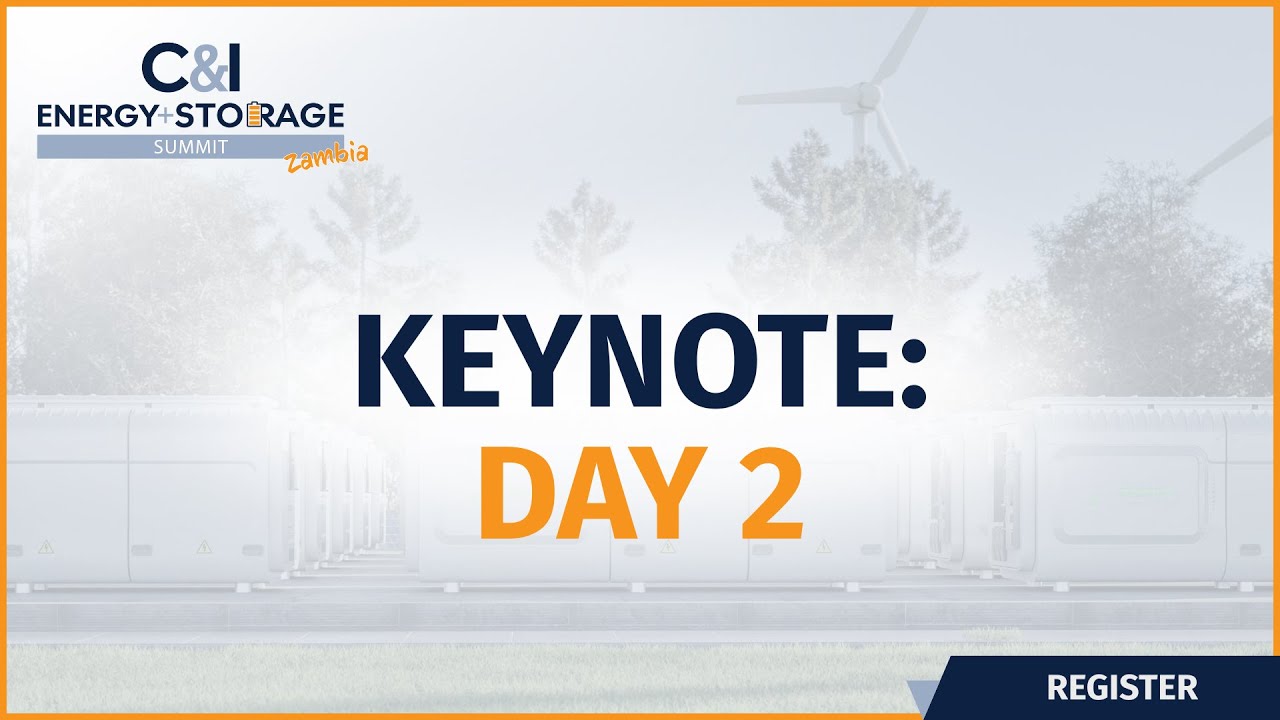Generation

Zambia's Electricity demand calls for private sector participation

The presentation on M300 Energy Compact, emphasised policy frameworks such as the multi-year tariff framework, electricity open access framework, net metering, and energy single licensing system.
The keynote panel was moderated by Dr Johnstone Chikwanda and drew some powerful commentary from panellists.
Discussions underscored how high costs of power and diesel erode affordability and competitiveness, not just in manufacturing but across sectors like ICT, tourism and telecommunications. Recent declining rainfall has disrupted both farming operations and hydroelectric power generation, leading to scaled-back activities among farmers and suppliers.
What was emphasised is that people are hungry for power, but that expansion in urban areas didn’t address the real need across the country. There was a call to draw lessons from regional peers, and advocate for embedding power resilience into core operations. There is also a need to bolster local, national, and regional transmission lines.
From case studies to masterclasses and workshops, discussions focused on topics like power purchase agreements (PPAs), battery energy storage basics, and building the business case for embedded generation.
Project showcases highlighted real-world successes, such as the Ergo gold mine in Johannesburg to Zambia Sugar’s co-generation expansion plans, alongside discussions on financial barriers by experts in the field and considerations when getting a project to ‘shovel ready’ status.
The networking was enthusiastic, the participation robust and the number of follow up topics has provided the organising team with lots of food for thought.












